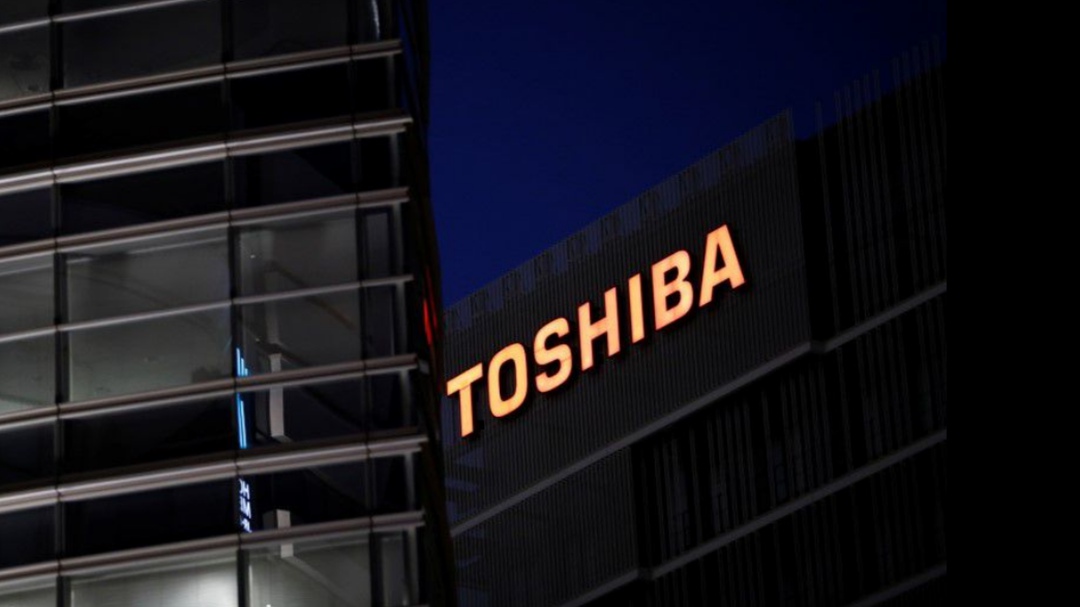
The Toshiba logo at the company's facility in Kawasaki, Japan, June 10, 2021. /Reuters
The Toshiba logo at the company's facility in Kawasaki, Japan, June 10, 2021. /Reuters
Toshiba's chairman on Monday pushed back against calls from shareholders to resign, saying he wanted to help put things right at the crisis-hit Japanese conglomerate and would bring in new directors.
Toshiba is in the spotlight after an independent investigation last week alleged that management colluded with Japan's trade ministry to block foreign investors from gaining board influence in what one top shareholder called the world's worst corporate scandal in a decade.
The shareholder-commissioned investigation has marked an explosive turn in a struggle between Toshiba management and foreign shareholders and has revived concerns about corporate governance in Japan.
In response to the investigation, Toshiba has said it would no longer put forward the names of two directors for re-election and that two other executives would also resign.
But this was not enough for proxy advisory firm Institutional Shareholder Services, which on Monday reiterated that Board Chairman Osamu Nagayama should step down – a call echoed by other investors.
Nagayama apologized at a news conference on Monday and said there were lapses in governance, but the former pharma executive said he wanted to stay on and help to reconstruct Toshiba's management.
"There's different kinds of responsibility," Nagayama said when asked if he would step down to take responsibility for the scandal. "I want to focus on fulfilling the duties that must be fulfilled."
The company needs directors with a global perspective and a background managing similar firms, he said, adding that Toshiba would call an extraordinary general meeting and speed up plans for a strategic review.
Once one of Japan's corporate titans, Toshiba has been hit by accounting scandals and massive write-downs for its U.S. nuclear business, as well as the sale of its semiconductor unit, leaving it a shadow of its former self.
Still, it remains hugely important to the Japanese government as a manufacturer of nuclear reactors and defense equipment.
Source(s): Reuters

